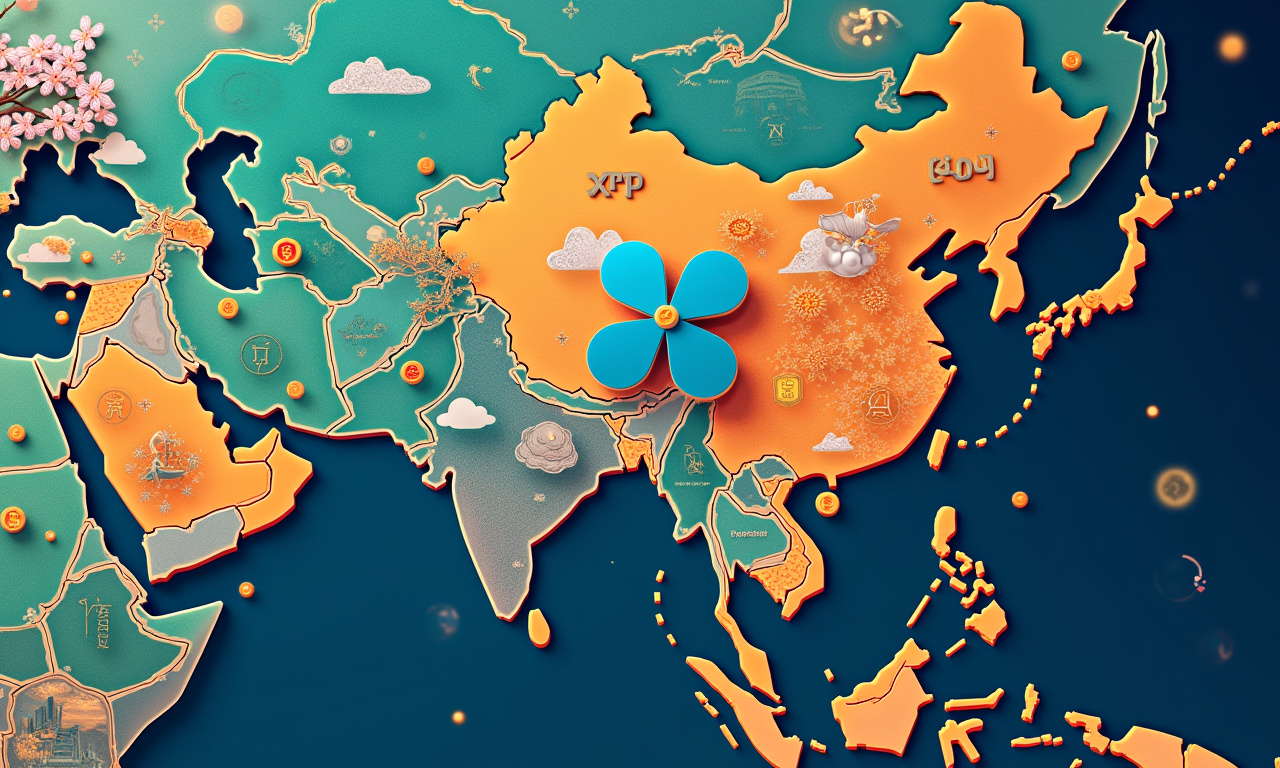
Nourish's AI Nutrition Gamble Signals a Crypto-Style Health Revolution

Liu Wenjing
Nourish hitting unicorn status? It's not just another funding announcement. It's a siren call for a DeFi-style revolution in healthcare. We're talking about a fundamental shift in how we approach nutrition and wellness, powered by AI and driven by individual empowerment. Forget the old, paternalistic doctor-knows-best model. This is personal — it’s your data, your body, your choices.
Is This the DeFi for Diet?
Think about it. What's the core promise of Decentralized Finance? Openness, discoverability, and user empowerment. Now, swap out "finance" for "nutrition." Nourish, with its AI-powered platform connecting patients with registered dietitians and leveraging insurance coverage, is essentially building a DeFi for Diet.
Nourish really just flexed its market power with a $1 billion plus valuation after its Series B round. JP Morgan Asset Management spearheaded this tremendous round of investment! Beyond the funding, it’s an overall validation of the whole concept and approach. JP Morgan doesn't throw money at fads. They envision a long-term play here, a structural remake of the care and payment landscape. They’re putting their money on the idea that the future of nutrition is personalized and data-driven.
The real potential lies in the data. Nourish is sitting on a goldmine of information about what people eat, how their bodies respond, and what interventions actually work. To do this, this data—anonymized and aggregated—will power the algorithms to recommend better programs, better recommendations, and ultimately better health outcomes.
Data Ownership Health Liberty
This is where the “crypto” part comes in. Now, picture if you had full ownership over the data generated by your nutritional choices, kept safely on a public blockchain. You might decide to make it available for researchers, dietitians, or even food manufacturers, earning credits or prizes for your efforts. You’d be the one in control of where all your health info goes.
Sound far-fetched? Maybe. But the technology is already here. As a result, companies have already set their sights on blockchain solutions for healthcare data management. The real challenge isn’t the technology — it’s getting the incentives right and overcoming the regulatory hurdles. We need policies that champion data interoperability and patient data ownership. It’s not just health that’s under attack, it’s our liberty. It's about giving individuals the power to control their own health destiny, just like crypto aims to give them control over their finances. And this is precisely in keeping with the libertarian spirit that has been so strongly tied to the crypto movement.
Nourish hires its nutritionists as employees rather than as contractors and makes a significant upfront investment in the AI. This allows them to offer AI tools for automating chart notes, prepping clinicians, summarizing visits, handling administrative tasks, AI-powered meal logging, personalized feedback, and meal delivery options. This is not only helpful for the dietitians but helps the patients receive more personalized and focused care.
Revolution's Algorithmic Bias Risk
Naturally, this revolution will not be without challenges. Data privacy is a huge concern. Algorithmic bias could perpetuate existing health disparities. Regulators are still working out how to approach AI in the healthcare space.
We must remain ever watchful to make sure that we are using these technologies not just efficiently, but responsibly and ethically. Transparency is key. So we really need to know how these algorithms were developed, what data they’re being trained on. Looking forward Let’s get to work and start addressing possible biases from the start. We’re adamant that everyone should share in the benefits of this new wave of precision nutrition. The “GIGO” principle is at play here. If the data that went into training these AI models is biased, the outputs will be biased as well. It’s our job to make sure this new frontier is fair and equitable.
According to Nourish, its GLP-1 patients lose an average of 33% more weight. These patients experience fewer side effects, thus reducing the likelihood of their cessation of use of the medication. This is an encouraging result, we must await further data and more rigorous, controlled studies in order to verify these results conclusively.
So, is Nourish overvalued? Maybe. But its valuation isn’t purely based on revenue or profits. It’s about the promise to upend an extractive industry and, through generative AI, help people regain agency over their health. It’s a wager on the future state of personalized nutrition — a future that’s starting to resemble DeFi significantly. And that’s something to celebrate – and invest in. So, are you willing to roll the dice on a crypto boom-style health revolution? The promise is tremendous, but as with all revolutions—they’re called revolutions for a reason—so too are the perils. This is your chance to get educated, get engaged, and help determine the future of medicine. Your health – and your data – may depend on it.

